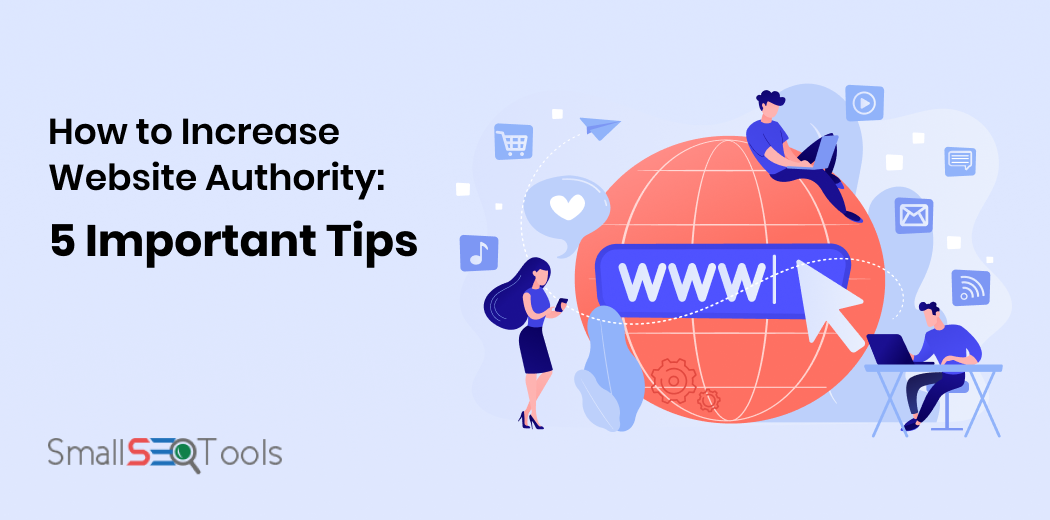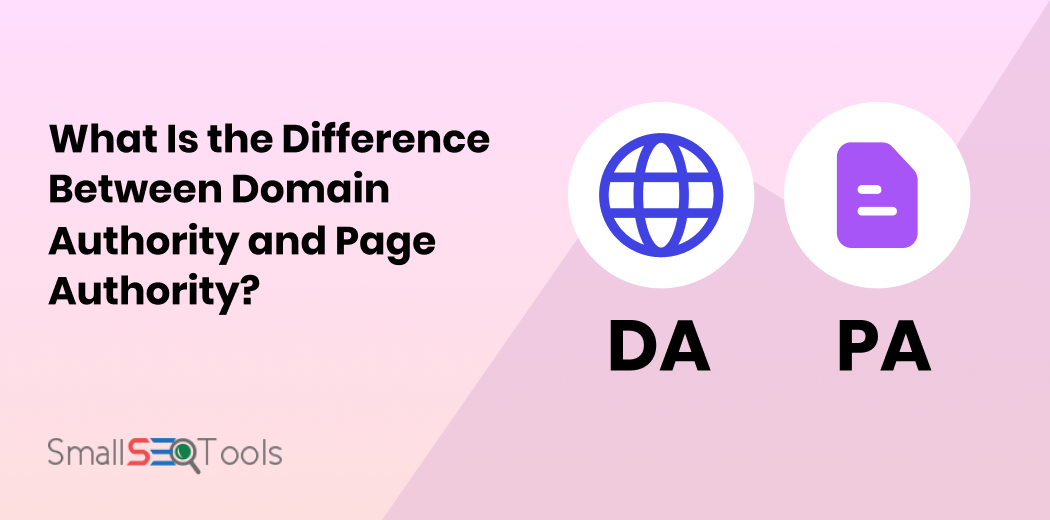Want Top Ranking? Try These WordPress SEO Plugins

How would you like to see your WordPress website rank towards the top of search engine results pages (SERPs) for your most valuable keywords?
Sounds like something you'd love?
Well, we will show you three powerful WordPress SEO plugins you can use to easily achieve that and how.

As you may know, WordPress is a blogging tool, a publishing platform, and a Content Management System (CMS).
It basically started as a niche blogging tool but is now the web’s most popular website publishing software, used and trusted by about 30% of the *entire* web, including big news sites, corporations, government agencies, universities, creative professionals, millions of small businesses, and quite literally everyone.
On the other hand, search engines constitute the largest source of traffic to websites. It beats referrals, social, paid, and direct visits. In fact, statistics show that in 2017, 46.8% of the global population accessed the Internet via search and that by 2021, this figure is projected to grow to 53.7%.

Now, while WordPress is NOT particularly coded for its user sites to perform poorly in search engines, the default WordPress installation won't take you far if you're looking to rank your site on the top of SERPs.
How can you resolve this?
That is where using WordPress SEO plugins come in.
WHAT IS AN SEO PLUGIN?
An SEO plugin is a piece of software containing a group of SEO related functions that can be added to a WordPress website. This gives your WordPress website the capability to be optimized for effective search engine performance.

A typical WordPress SEO plugin allows you to easily do things like:
-
Pull off technical SEO
-
Perform on-page optimization on your content for high ranking
-
Customize metadata (page titles, meta descriptions, etc)
-
Optimize your content metadata for social
-
Generate XML Sitemaps, etc.
In short, there are a ton of “hidden features” in WordPress SEO plugins that, without the need for your input, do solve a lot of SEO issues that your site might otherwise suffer from… (which is one other reason why you need to install one).
These hidden features do not need settings, in most cases. They are set in the same way for every website because every website needs them. However, you will need to set some features and where that's necessary, the SEO plugin will give you the option to do so.
BEST WORDPRESS SEO PLUGINS
When it comes to SEO plugins, you have options. WordPress has literally thousands of plugins for virtually every website need (over 55 thousand as at the time of writing this). And quite fairly, SEO is well represented.

In fact, if you were to search the WordPress repository for “SEO plugins,” you’d be presented with a whole bunch of them. But today, we want to handpick three of the most important ones and discuss those with you. And here they are:
1. Yoast SEO

Yoast SEO is perhaps the most popular WordPress SEO plugin in the WordPress community.
It was developed by Joost de Valk and currently has over 5 million active installs, 4.9 out of 5 stars rating, and 40+ millions downloads since its creation. Yoast SEO was started in 2008 as an SEO tutorial. Two years later, the plugin was built and added to the WordPress repository in October 2010. At the time, it was called “WordPress SEO by Yoast” or simply “WordPress SEO.”

The Yoast team rebranded the plugin in July 2015 as “Yoast SEO.” Today, Yoast SEO is the most widely used SEO plugin for WordPress.

While you do have the option to buy premium Yoast SEO extensions for some extra functionality, its most important functionalities are part of its free version.
Features and Functionalities of Yoast SEO
-
Customizable meta titles, meta descriptions, and meta keyword for your posts, pages, and taxonomies (tag, category, etc.)
-
Ability to set focus keywords
-
XML sitemaps
-
Full control over site breadcrumbs
-
Content readability analysis
-
Ability to customize social snippet previews — that is, how your post title, description, and image show on social platforms when shared. For Facebook for example, it uses the OpenGraph meta data.
-
And much more!

Even more, Yoast SEO also covers more technical stuff like rel=canonical, rel=next and rel=prev, and JSON+LD… which are all important for effective technical SEO optimization.

It's premium version lets you perform News SEO, Video SEO, Local SEO, and WooCommerce SEO.

2. All-In-One SEO Pack
All-in-One SEO Pack, as the name implies, is an SEO pack that contains almost all the functionalities you will need to optimize your WordPress site for search.

It is Yoast SEO’s greatest rival, as they are evenly matched with each other in terms of features and functionality.

All-in-One SEO Pack was developed and added to the official WordPress repository in 2007 — three years before Yoast SEO — by developers Michael Torbert and Steve Mortiboy.

The plugin currently rocks 2+ million active installs and a total of 45+ million downloads to date.
Features and Functionalities of All-in-One SEO Pack
-
Titles and meta descriptions
-
XML sitemaps
-
Social metadata
-
Google Analytics support
-
SEO integration for WooCommerce
-
Google AMP support (Accelerated Mobile Pages)
-
Advanced Canonical URLs
-
And plenty more!

The Pro version of All-in-One SEO Pack includes various other functionalities and modules such as advanced WooCommerce support, a Video SEO module (including Video XML Sitemaps), SEO for categories, tags, and custom taxonomies.
3. The SEO Framework
The SEO Framework is a relatively new SEO plugin that has been steadily growing in popularity.

It's an AI-driven WordPress SEO plugin with currently 4.9 out of 5 stars rating. The plugin markets itself as an “easy plugin that provides an automated, accessible, unbranded, and a lightning-fast SEO solution for your WordPress website.”

Created by Sybre Waaijer, a prolific member of the WPMU DEV community, The SEO Framework is built to be lightweight and simple, at the same time harboring all the essential SEO features your WP site will need for adequate SERPs appearance.

Compared to many other SEO plugins, the interface and associated meta boxes feel unobtrusive. As a matter of fact, The SEO Framework clearly states on its marketing copy that there are “No ads. No distractions. No nonsense” on its user interface.
Despite this lean design, users can still set up over one hundred settings that the plugin uses to automatically generate outputs for structured data, titles, and meta information, etc.

Features and Functionalities of The SEO Framework
-
Ability to create and manage XML sitemaps
-
Social media meta tags
-
Meta information, titles, and descriptions
-
Shows you how to improve SEO with a beautiful SEO bar and pixel counters
-
Outputs Structured Data that helps search engines learn more about your pages
-
Provides an AI that listens to all WordPress gives to automatically optimize your pages
-
And many more!

The SEO Framework aims to be easily extensible with a dedicated Extension Manager plugin. Using the extension manager, you can turn on or off functionality for:
-
Google AMP
-
Monitoring
-
Other smaller features
TIPS FOR GETTING THE MOST OUT OF SEO PLUGINS
It's not just enough to install a WordPress SEO plugin. You need to get it to perform at its max. The tips and tricks below will help you do exactly that:
1. Configure the plugin on both a sitewide and per-page basis
WordPress SEO plugins mostly come pre-configured to some extent. However, the “factory setting” configurations usually aren't sufficient enough to mushroom your site to the 1st page. So it's always best to customize your chosen plugin after installation to get the most out of it. For some users, they only configure the plugin for each blog post or page. That is, only when they want to publish that post or page. However, you will benefit more if you set up the plugin at the base (sitewide) level and for each page. Some sitewide settings include generating XML Sitemaps and setting up social meta information, while per-page settings include specifying meta titles, descriptions, focus keywords, etc.
2. Turn off features you don't need
WordPress SEO plugins come loaded with tons of features. And frankly, you usually won't need all of those features.
Best thing to do? Turn them off.
For example, All-in-One SEO Pack is modular when it comes to features. Which means, you can easily toggle off/on features that you don’t need, including:
-
Performance optimizer
-
Bad bot blocker
-
Import/export settings
-
Robot.txt generator
-
Robot.txt and .htaccess editor.
This reduces loads on the plugin and accelerates performance.
3. Don't use more than one SEO plugin at once
Why?
Because SEO plugins perform the same common functions like creation of page metadata, XML sitemaps, breadcrumbs, social snippets, etc. If you use more than one SEO plugins on the same WP installation, each will try to override the other plugin's setting and thus cause errors on your site. When search engines crawl your site, it will encounter these errors and thus return error messages, which is detrimental to your SEO.
In addition, your site will become slow, which further affects its performance in search as well as its user experience. Using more than one SEO plugin also increases the chances of the plugins colliding, which usually results in plugin conflict.
When a conflict occurs on a site, it'll malfunction, load incorrectly and may even crash. For more WordPress SEO tips, see our post: 50 Bite-Sized Tips to Take your WordPress Site to Page One
CONCLUSION
Whether you're using WordPress to run a personal blog or a business website, it is important you use an SEO plugin for your content to show up appropriately in search engines and social media platforms.
Which SEO plugin to use is totally up to you.
But the three we've discussed in this guide can help you extensively and the tips above will help you get the most out of your choice of WordPress SEO plugin.
To find out how useful the SEO plugin you are using is, you can run your website through some our SEO tools. Specifically, our Website SEO Score Checker, Google Index Checker, and Meta Tags Analyzer tools can be pretty useful here. If you found this post useful, please do share it with your friends and family using the social buttons. You can also find us on Facebook here and Twitter here, or see more SEO tips and tricks on our blog.











